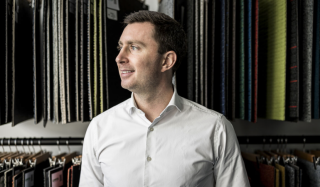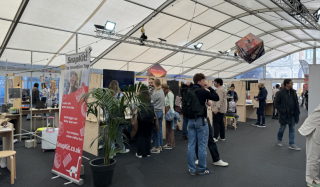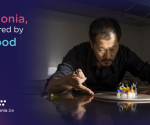
John Cockerill (formerly CMI) has just signed a major contract to supply Taiwan with electrolysers to produce green hydrogen. The Seraing-based group is strengthening its position as a world leader in the production of this type of energy, which is set to play a key role in the energy transition.
The Seraing company, which is very active in the energy sector, will supply Air Liquide with electrolysers with a total capacity of 25 megawatts for use in the Taiwanese market. These five large electrolysers will be installed on two production sites on the Asian island and will be used by the semiconductor industry. They will enable the transformation of water into ultra-pure hydrogen at a rate of 5,000 Nm³/hour.
The electrolysis of water allows hydrogen to be produced with raw materials from fossil fuels. As these electrolysers will partly be powered by renewable energy, they will prevent an estimated 20,000 tonnes of carbon dioxide (CO²) emissions per year.
"With a total capacity of 34 megawatts sold this year, we are confirming our leading position in the green hydrogen market, particularly in the field of large electrolysers," explained Raphaël Tilot, Head of Renewable Energy at John Cockerill. "Today, we offer our customers a wide range of electrolysers with a capacity of up to 2 MW per unit," he added.
The group is relying heavily on green energy as a key vector in its economic development. "Our ambition is clearly to meet the growing demand for the large-scale production of green hydrogen at competitive prices. In a post-COVID-19 world facing challenges of an unprecedented magnitude, we are convinced that green hydrogen, a zero-carbon emission energy, must play a greater role in the global energy mix," stated the key player.
In 2019, the International Energy Agency (IEA) reported that hydrogen could make up the lion's share of the global energy mix of the future.
John Cockerill, founded in 1817, has 6,000 employees and a turnover of 1.26 billion euros in 22 countries.
Source : La Meuse






